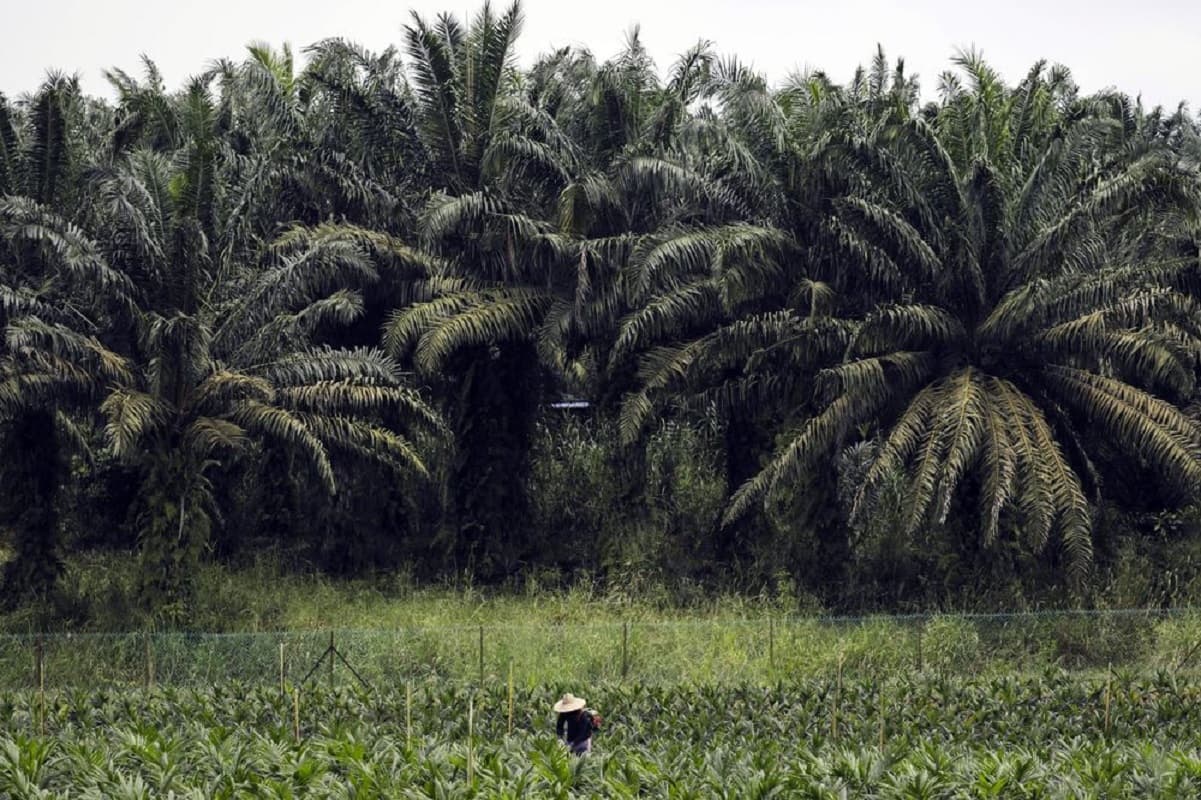
KUALA LUMPUR (Oct 30): The Indonesian government is looking at raising its export levy on crude palm oil (CPO). Should the country decide to hike the levy, Malaysian plantation companies will have narrower margins for operations in the republic.
Bloomberg reported that Indonesian authorities are looking to apply a progressively escalating levy when CPO prices have exceeded US$695, or around RM2,810, a tonne.
This means that when CPO prices are between US$670 to US$695 a tonne, the levy would be US$60 a tonne, and should they fall below US$670 a tonne, the levy would be US$55 a tonne.
An analyst, who declined to be named, told The Edge that the levy hike that is in review will certainly eat into the margins of plantation companies.
However, he noted that given the elevated CPO prices, the pure plantation companies without extensive downstream operations will still make good profits provided they have steady growth on fresh fruit bunch.
CPO prices have been climbing since their lows in May. As of Thursday, the Malaysian Palm Oil Board (MPOB) said palm oil prices stood at RM3,243.50, the highest since early 2017.
CPO one-month futures contracts were down by RM27 at RM3,024 per tonne as at 6pm today.
The analyst noted that among the companies that have the most exposure to Indonesia and will possibly be the most impacted are TSH Resources Bhd and IJM Plantations Bhd.
According to its annual report for the financial year ended Dec 31, 2019 (FY19), TSH has a planted area of 42,109ha. Of this sum, its Indonesian planted areas (immature and mature) stand at 85.36% or 35,994ha.
As at March 31, IJM Plantations owns a total planted area of 60,966ha, of which 59% is in Indonesia while the remaining is in Sabah.
Among other plantation giants, Sime Darby Plantation Bhd’s Indonesian holdings account for 195,729ha or 25.19% of its total planted area of 776,812ha. Kuala Lumpur Kepong Bhd has 285,000ha of land, with its Indonesian operations accounting for 51% of its plantation landbank.
Indonesian Minister Coordinating Minister of Economic Affairs Airlangga Hartarto told Bloomberg the new levy system will not be effective until the country’s Finance Minister Sri Mulyani Indrawati issues a new regulation, noting that the export levy needs to be adjusted to support its B30 biodiesel blending programme.
These export levies are collected through the Oil Palm Plantation Fund Management Agency, which uses the collected funds for biodiesel incentives.
Market talk among traders of the commodity has been persistent over the Indonesian government raising export levies to support its biodiesel programme, as its plantation fund has been shrinking given the higher blending costs due to the high palm oil-gas oil (POGO) spread currently being seen.
The Indonesian government has set the target palm oil-derived biodiesel blending for 2021 to 9.2 million kiloliters, down from the 9.6 million kiloliters set for 2020.
